Travel is a selfish endeavor. Few people, if any, travel for the exclusive benefit of others. But, selfish travel isn’t necessarily a bad thing. The growth travelers experience traveling can apply to a more complete perspective on the world, which might not otherwise exist. Travel can have a positive impact on both the traveler and the places they visit. Socially conscious travel respects all aspects of a local population – its culture, environment and economy. This requires an effort that begins before we embark on our journey until after we return. It becomes a part of our lifestyle wherever we may be.
“Grateful for the opportunity to travel and experience the world and because peace begins with the individual, I affirm my personal responsibility and commitment to:
- Journey with an open mind and gentle heart
- Accept with grace and gratitude the diversity I encounter
- Revere and protect the natural environment which sustains all life
- Appreciate all cultures I discover
- Respect and thank my hosts for their welcome
- Offer my hand in friendship to everyone I meet
- Support travel services that share these views and act upon them and,
- By my spirit, words and actions, encourage others to travel the world in peace”
– Credo Of The Peaceful Traveler, International Institute for Peace Through Travel
Tourism, like all industries, has both pros and cons. It provides income for local residents, while degrading the environment and culture travelers have come so far to experience. With an increase in tourism also comes increased demand on local services like water supply, roads and waste management. Infrastructure is burdened not only by more tourists, but also an influx of workers eager to capitalize on a growing industry.
Privilege, Responsibility and Socially Conscious Travel
Most of the world could scarcely imagine, let alone develop the means of, packing up and setting out to see what lies beyond the horizon. Therefore, all travel problems are “first-world problems”. All travelers come from a place of privilege, and with privilege comes responsibility.

Children playing at Imizamo Yethu Township near Cape Town, South Africa
Among those travelers, there is some debate and discussion regarding the difference between travelers and tourists. Some would argue that travelers organize themselves independently while tourists join package excursions. Others might say that travelers are gone for long periods of time and limited to a shoestring budget, while tourists are not. If a distinction must be made, it lies in how the responsibility of this privilege is exercised. Or, if it is exercised at all.
Learn about cultural differences and acceptable behavior. Anyone who visits a region without researching the local culture is doing themselves and those they visit a disservice. We should show the same respect to the local culture as we would expect foreigners to show in our own home.
Below are some socially conscious travel tips to help guide anyone looking to reduce their cultural and environmental impact, at home and abroad.
Eat and Drink Locally
Research local environmental issues, particularly with regards to tourism. If there is one environmental issue that transcends all cultures, it is water conservation. As regional conflicts brew over the world’s shrinking freshwater supply, we should use as little of it as possible.

Environmental awareness sign at the Great Wall Of China near Jinshanling
Menu choices have the greatest impact on our carbon footprint. Is the food on our plate sourced from environmentally destructive fishing or farming methods?
Order beverages served in reusable glass bottles (like beer and wine) rather than disposable plastic ones or aluminum cans. Refuse plastic bottles and bags. Treat or filter local tap-water instead, and bring a day-pack to markets.
Learn More … Environmental Travel – 5 Ways To Leave A Smaller Footprint
Think Locally
Use accommodation and tour operators that are sensitive to the environment. Choose hotels and restaurants that use renewable energy sources, and activities that conserve and protect the environment. Buying souvenirs made from endangered species only encourages further depletion.
Some of the most important socially conscious travel choices we can make are our transportation and recreation decisions. Walking, cycling, using public transportation, and sharing a hired private vehicle are effective ways to reduce our carbon footprint.

Horse-Drawn School Bus in Tiradentes, Brazil
Kayaks and canoes are better for everyone and everything than jet skis. Hiking is a great way to explore the local landscape, and is carbon-neutral. If you do hike, stick to the marked paths. Every shortcut contributes to land erosion and habitat destruction, which are often irreversible. If you bring a picnic, pack out what you pack in.
Act Locally
Avoid embarrassing anyone. Always smile and never put someone in a position where they might lose face. Keep any frustrations to yourself. Something you might deem earth-shattering is likely a daily routine to the locals, or a minor inconvenience at worst.
Public displays of affection are generally frowned upon, and touching someone’s head (even patting a child’s head) is usually considered insulting. Pointing or beckoning with a forefinger is also regarded as rude in many countries. Dress modestly and conservatively – long pants and covered shoulders are the norm for most cultures.

Restaurant sign in Beijing Hutong
Eat when and what the locals eat. Order your food when the oven and stove are already fired up to serve local clientele. It only makes sense to take advantage of a cooking kitchen, especially where cooking fuel is scarce. Don’t order items that are obviously grown and imported from elsewhere.
Interact Locally
Interaction with locals is one of the most rewarding things about traveling. Often, the local residents will want to know about you and where you’re from. Their questions are not meant to be intrusive or insulting, but are merely a reflection of their culture’s values. Demonstrate that underneath the funny clothes and behind the strange language is a friendly fellow human being.
Try to instill locals with a sense of pride in their home and their way of life, especially children. It is important to leave those we encounter with a sense of living in a very beautiful and special place. After all, we probably wouldn’t be there ourselves if it weren’t.

Children gather for a festival at Reting Monastery in Tibet
Be vigilant without being paranoid. Tourists are often popular and easy marks for thieves and other miscreants. Keep your money and yourself safe by keeping an eye open. But, also remain open to genuine interactions with locals interested in you and your home.
Shop Locally
Go to the local markets and see what’s available. Buying local produce keeps money in the local economy and empowers the community. It also uses fewer resources for transportation, requires less packaging, tastes much fresher and is cheaper, too.
Locally-crafted souvenirs will have more meaning and often be of better quality than those produced in a factory. Use local guides and tour operators whenever possible, and book trips at a jumping off point rather than a large tourist hub.

Basket and Hat Vendor in Fes, Morocco
Have fun haggling, but look at the value of the purchase rather than a rock-bottom price. When you leave a shop or artist’s workshop, everyone should feel the transaction was mutually beneficial. As a result, nobody should feel ripped off or that they’ve lost face.
Tip appropriately. Whether we like it or not, many people in the service industry rely on gratuities to supplement their income. Learn the local customs on how much to tip when dining out, staying in a hotel, taking a taxi, etc.
Learn More … Stewards and Ambassadors – 10 Rules For Respecting Local Culture
Nobody’s Perfect
A conscience – knowing the difference between right and wrong – is a product of wisdom. Wisdom is gained through knowledge. Most would agree that the best knowledge often comes from education, and travel is always the best education. Socially conscious travel applies knowledge gained through travel to have a positive effect on the places we visit.

Welcome sign at Fish River Canyon in Namibia
Of course, this isn’t always possible. Like everything else, there should be a balance in our lives, especially when we travel. Long periods of slow travel through foreign countries is often tiring and trying. Now and then, we just want to do what is quickest, cheapest or easiest. And, that’s okay.
Judgemental Awareness
The point is to be aware of the impact of these choices and keeping it to a minimum. It is impossible to always make the most socially conscious travel choices. Nobody has the time, money and knowledge for that. Often, all we have is our best judgment to make quick decisions on a limited budget. The best we can hope to do is make a reasonably responsible effort most of the time.
“If you reject the food, ignore the customs,
fear the religion and avoid the people,
you might better stay home.”
– James Michener
When we first started, it was to see the world for ourselves and we didn’t have much sense of how our actions impacted that world. But, because we traveled, we developed an awareness of our impact and started making an effort to reduce it.
Early in our travels, we had the privilege and opportunity to trek around and into the Annapurna Range in Nepal. Something that helped us develop this awareness was the Minimum Impact Code by which all trekkers are encouraged to abide.

Porters and their Packs, Annapurna, Nepal
Selfish and Socially Conscious Travel
So, be selfish. Expand your horizons, push your limits and leave your comfort zone. But, do it responsibly. The adage is an old one. Take nothing but photographs, and any litter lying around – Kill nothing but time, and mosquitoes – Leave nothing but footprints, and some money in the local economy.

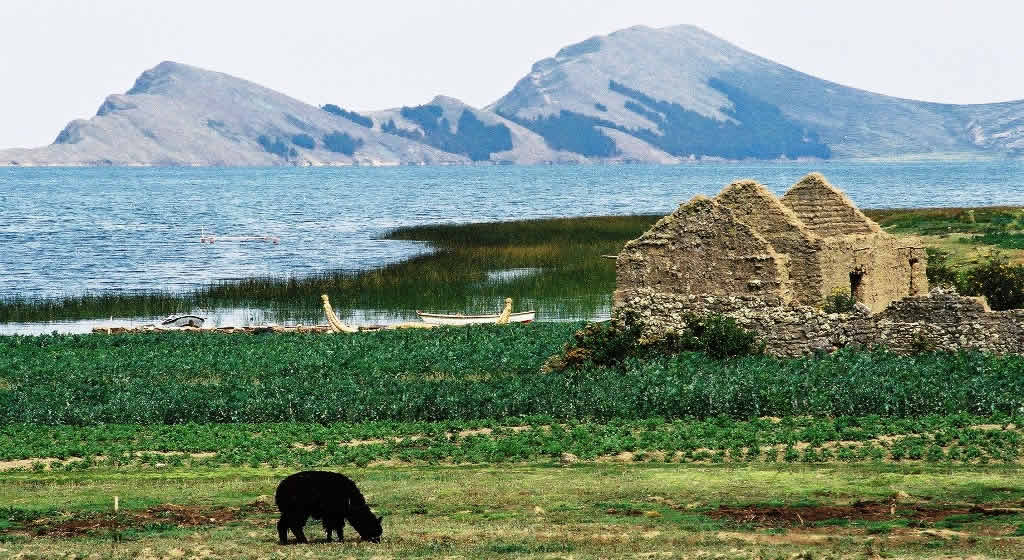

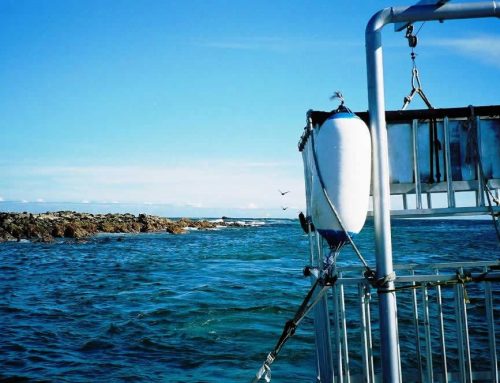
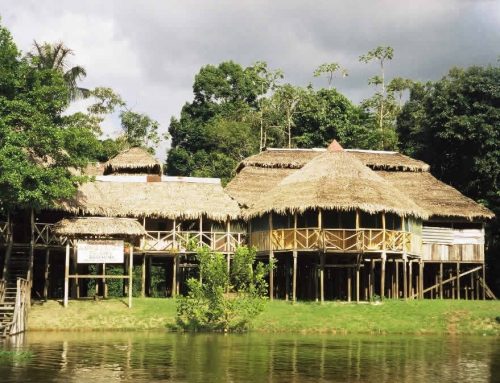


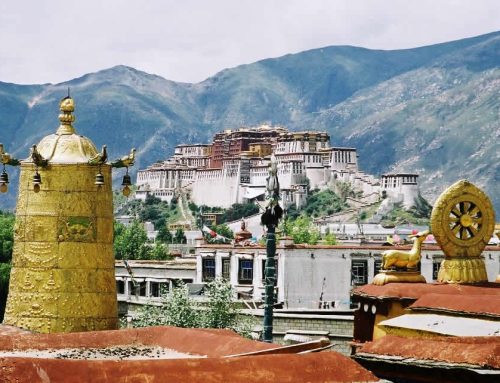

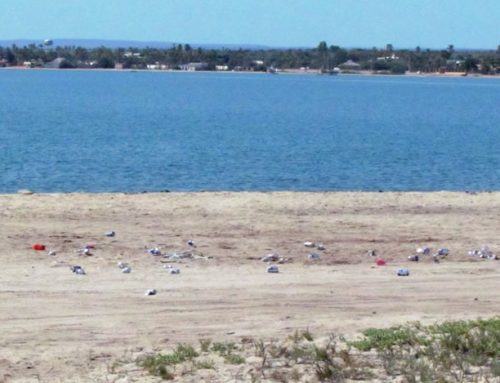



Leave A Comment